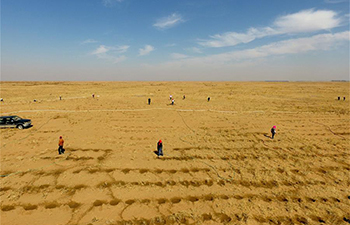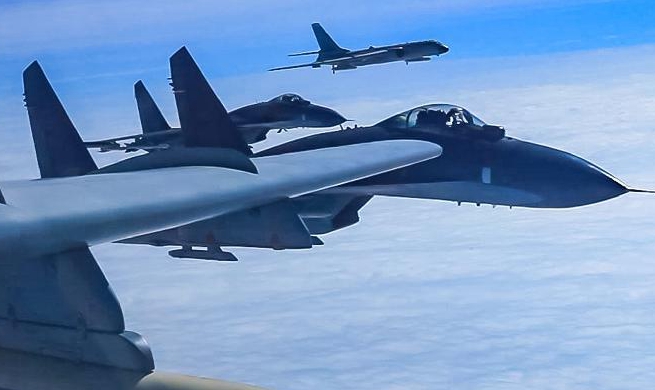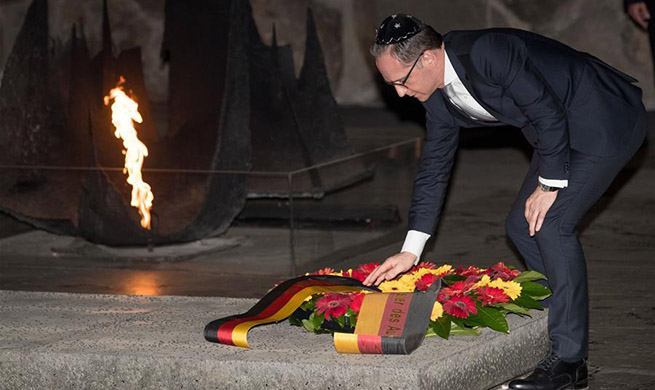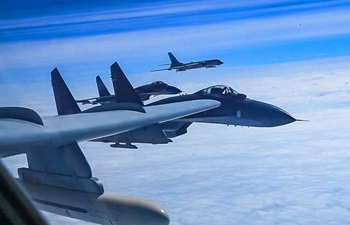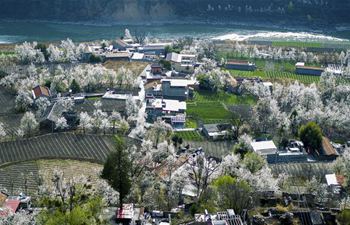NAIROBI, March 26 (Xinhua) -- The UN refugee agency said on Monday that it has repatriated some 78,088 Somali refugees from Kenya as at Feb. 28 since the voluntary return exercise begun in December, 2014.
The UN High Commissioner for Refugees (UNHCR) said in its Monthly Update released in Nairobi that some 75,175 returnees have so far been supported from Dadaab camp under the framework of voluntary repatriation since the beginning of the process three years ago.
"Some 2,463 individuals from Dadaab have been assisted to return in 2018 alone, with a majority returning to Kismayu and Mogadishu," the UN refugee agency said.
Kenya, which hosted protracted negotiations that culminated in the formation of the transitional federal government of Somalia, says the refugee situation continues to pose security threats to Nairobi and the region apart from the humanitarian crisis.
The East African nation, which has been planning to close the Dadaab refugee camp, has cited the influence of terror group Al-Shabaab as among the risks of keeping the camps open.
According to UNHCR, 905 refugees -- 569 by road and 336 by flight to Kismayu and Mogadishu -- were assisted to voluntarily return to Somalia between Feb. 16-28.
The UN agency said it has resumed facilitation of repatriation by road convoys through Liboi-Dhobley border on Feb. 20 with 107 households comprising of 317 individuals being assisted to travel by road.
"Road convoys are the preferred mode of transport for many refugees and it is therefore expected that the number of refugees expressing interest to return will significantly increase," said the UN agency.
The refugee agency said road convoys had been temporarily suspended for 10 months due to insecurity and heavy rains.
According to UNHCR, a total of 171 refugees registered and confirmed their intention to voluntarily repatriate to Somalia. "There are currently still 16,325 refugees active in UNHCR database willing to return to Somalia," it said.
An estimated two million Somalis have been displaced in one of the world's most protracted humanitarian crises that have now entered its third decade.
An estimated 1.1 million people are internally displaced (IDPs) within Somalia and nearly 900,000 are refugees in the region.
Experts say continuing political and security stabilization progress in Somalia, along with growing pressures in hosting countries, makes this a critical moment to renew efforts to find durable solutions for Somali refugees.








